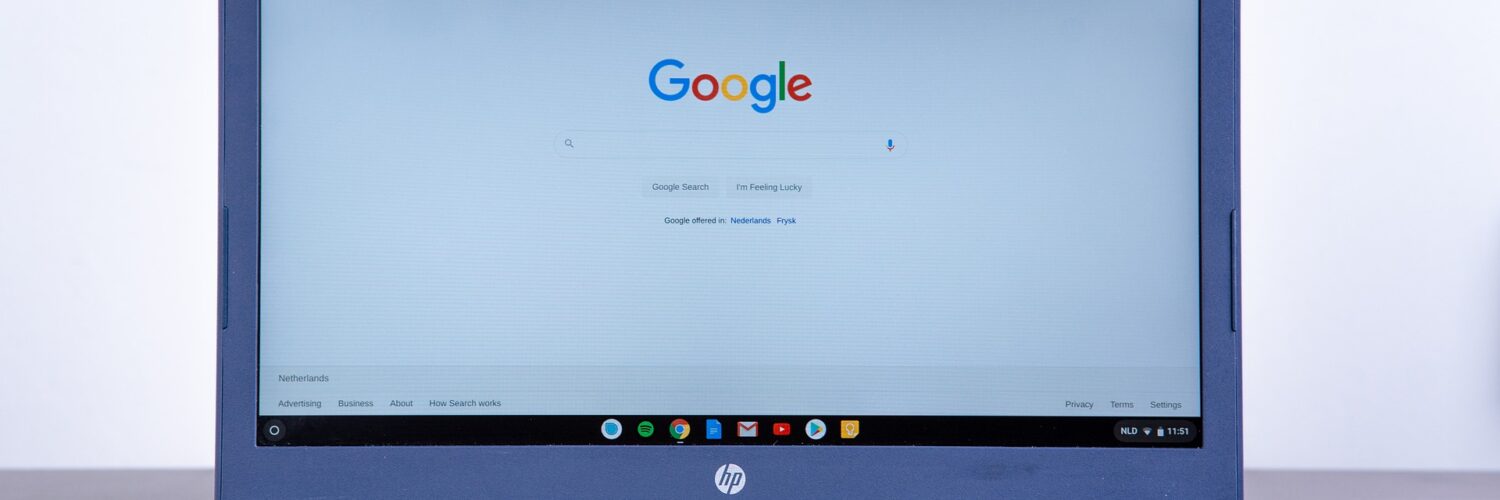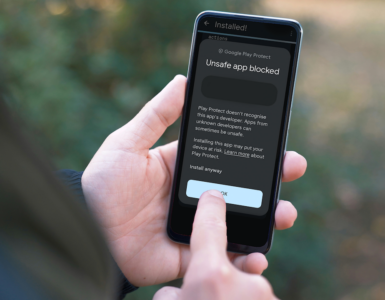At release, ChromeOS, found in Chromebooks, promised many futuristic features – a lightweight, resource-friendly web-based operating system that leverages Google’s array of utilities like Google Drive. Chromebooks are also affordably priced, making them a compelling option for the education market.
During an interview in 2019, Phil Schiller, Apple’s marketing chief, made a bold statement claiming that “kids with Chromebooks are not going to be successful”. During the launch of their new iPads in 2020, they used Chromebooks as a comparison to make claims like how the iPad is six times faster than a Chromebook.
Amid the fierce competition and remarks, it makes us wonder if Chromebooks are ready to compete with Windows and Apple laptops. Here are some reasons why we think Chromebooks fall behind.
Limited support for offline use
Over the years, Google has worked to improve offline access, and you can now access recent documents that you have pre-downloaded before being disconnected. Fortunately, you have offline access to Google Play apps, including productivity apps such as Microsoft Office or PDF viewers.
Packing all the apps and files would take up quite a bit of space. As such, the included 32GB of storage on most Chromebooks may not be enough, given that you would need space to save your files online. It is also worth pointing out that what you get are ultimately mobile versions of the programs, stripped of many productivity features such as Power Pivot and popular shortcuts.
No support for desktop programs
Designing a lightweight operating system (OS) while gaining access to Google Play apps on Chromebooks may sound like an incentive, but it comes at a hefty downside – there is no support for desktop programs.
Programs will not even make it past the install phase due to the restrictions. Despite Chromebooks positioning themselves for the education sector, students heavily involved in designing work may not find the Chromebook a viable option.
Low-performance capabilities
Other than higher-end models spotting higher-end processors from the Intel i5 lineup, most models come with Mediatek mobile processors or the lower-end Intel Celeron chips, further hampered by a small RAM capacity.
Apart from already being excused from desktop programs thanks to the OS, anything more than several browser tabs could slow down the system dramatically. In the end, you would get sluggish performance while running mobile apps.
You don’t get what you pay for, particularly for higher-end models
The Acer Chromebook Spin 713 is one of the few Chromebooks that feature a higher-end Intel i5 processor. Unsurprisingly, it gets better performance thanks to the powerful hardware it packs.
Despite being hampered by the limited capabilities of the operating system, the device commands a similar starting price as a Windows laptop with similar parts and performance. You would be better off getting a Windows laptop with the same performance, which allows you to run desktops applications when needed.
A cheap product does not equate to a worthy one
Being the cheapest brand new computer you can get (other than the high-end Chromebook series), it is no wonder Chromebooks are so popular within the American school community. While the price may be attractive at first, the performance you get will be a letdown, especially for heavy multitaskers.
If you are in the market for a laptop to do more than just simple web browsing, we do not recommend getting a Chromebook. Instead, do look at our guide on picking the right laptop for school.
🤓 Like what you read?
Stay updated by following us on Telegram, Facebook, Instagram or on our YouTube channel.







